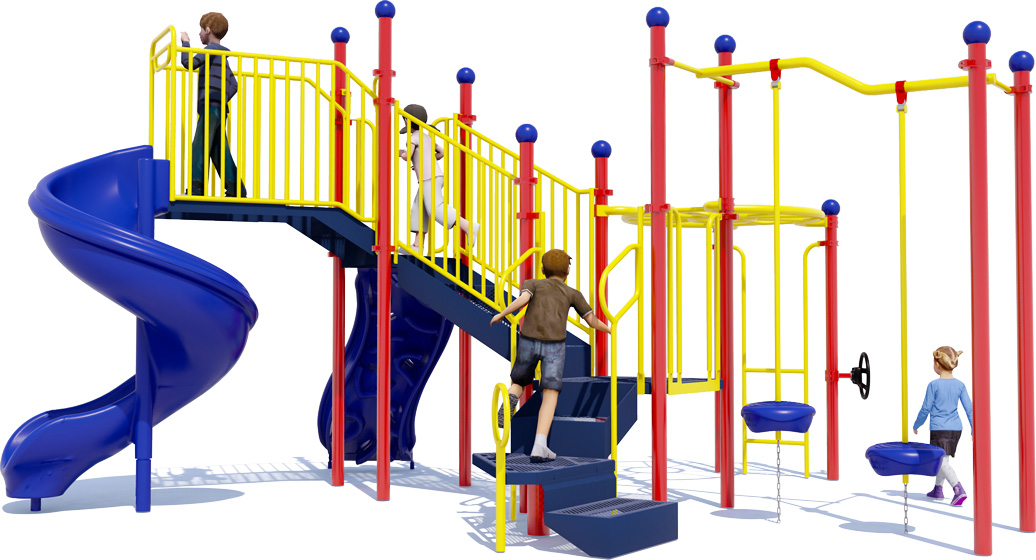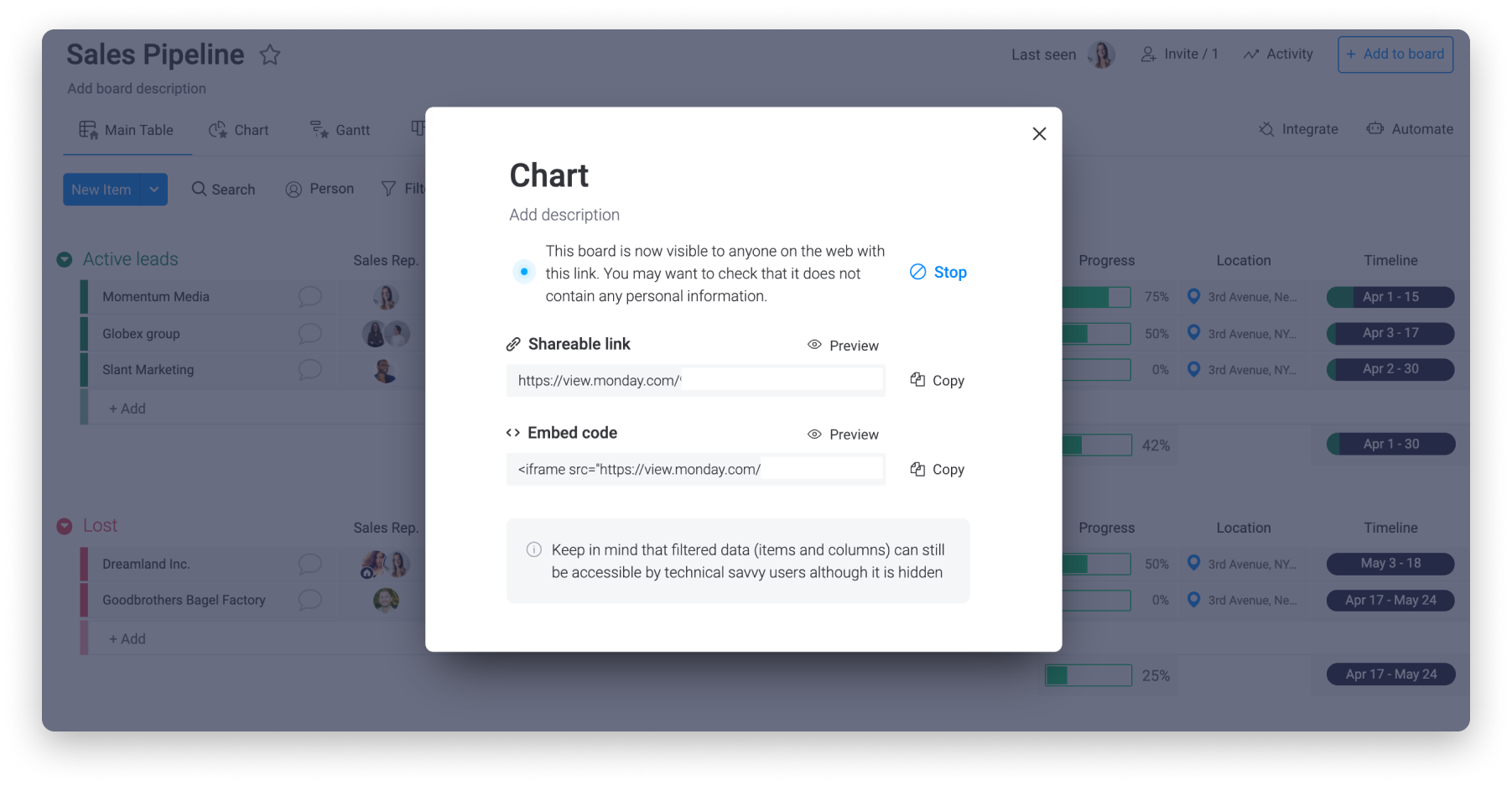

Each card contains information about the task and its status, such as deadline, assignee, description, etc. Let us introduce you to the main components more closely: Kanban Cards – This is the visual representation of tasks. Kanban boards use Card, Column, Swimlanes, and WIP Limits to enable teams to visualize and manage their workflows effectively. Indeed, Darren Davis (Anderson’s colleague) was the one who suggested that the workflow should be visualized on a whiteboard. This is how the Kanban board was born, as we know it today, to become one of the most useful agile project management tools for knowledge work. Nowadays, its usage by Agile teams is so widespread that you can often hear people refer to Kanban boards as agile task boards. Kanban (English: signboard) started as a visual scheduling system, part of the Toyota production system.Ī few decades later (2007), David Anderson further developed the Kanban method's idea and introduced the Kanban board. The Kanban board went through a long journey to become what it is today.

In this guide, we will explain what a Kanban board is, discuss the basics, and clarify important details you need to understand, especially if you are a beginner. With this new level of transparency, you will quickly identify problematic work stages, and by improving those, your team will soon work more efficiently. Visualizing your workflow and tasks on a Kanban board helps you better understand your processes and gain an overview of your workload. For instance, if a discussion is Available until March 29, you can access the discussion until March 28 at 11:59 pm.A Kanban board is a tool for workflow visualization and one of the Kanban method's key components. Therefore, the last day for the discussion is the full day before the listed date. Note: If a date does not include a time, the listed date defaults to 12 am. Discussions in this section may show a "Was locked at " to indicate when the discussion was closed for comments.

The first dates you may see are the availability dates.


 0 kommentar(er)
0 kommentar(er)
